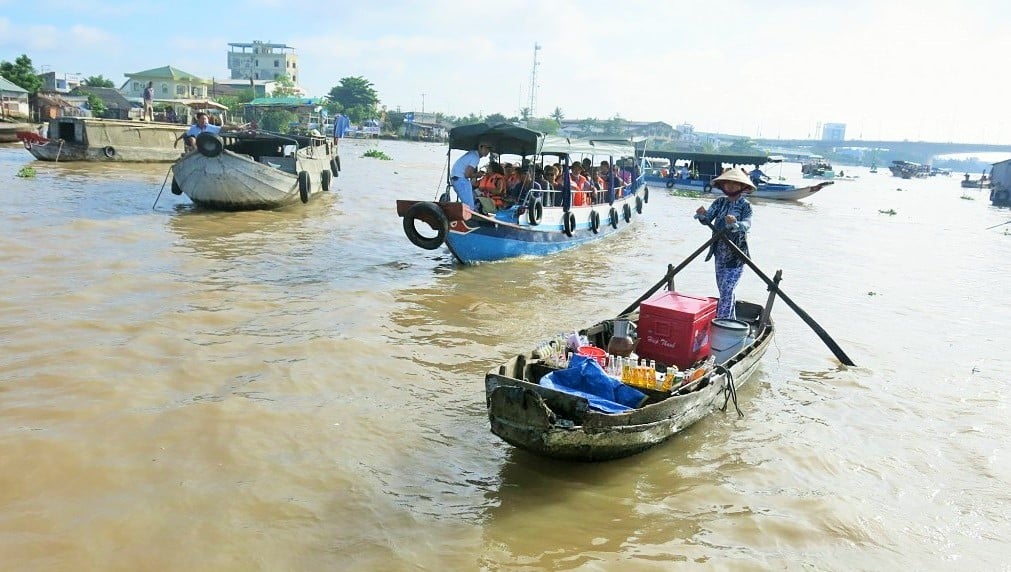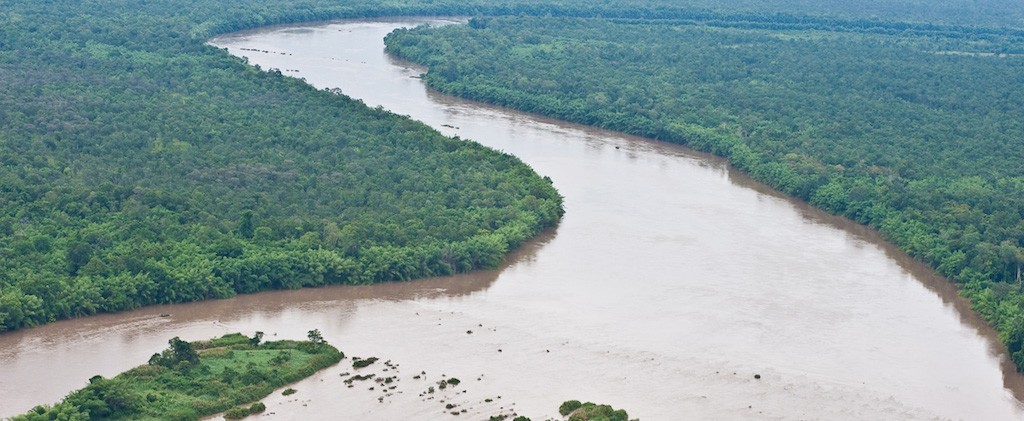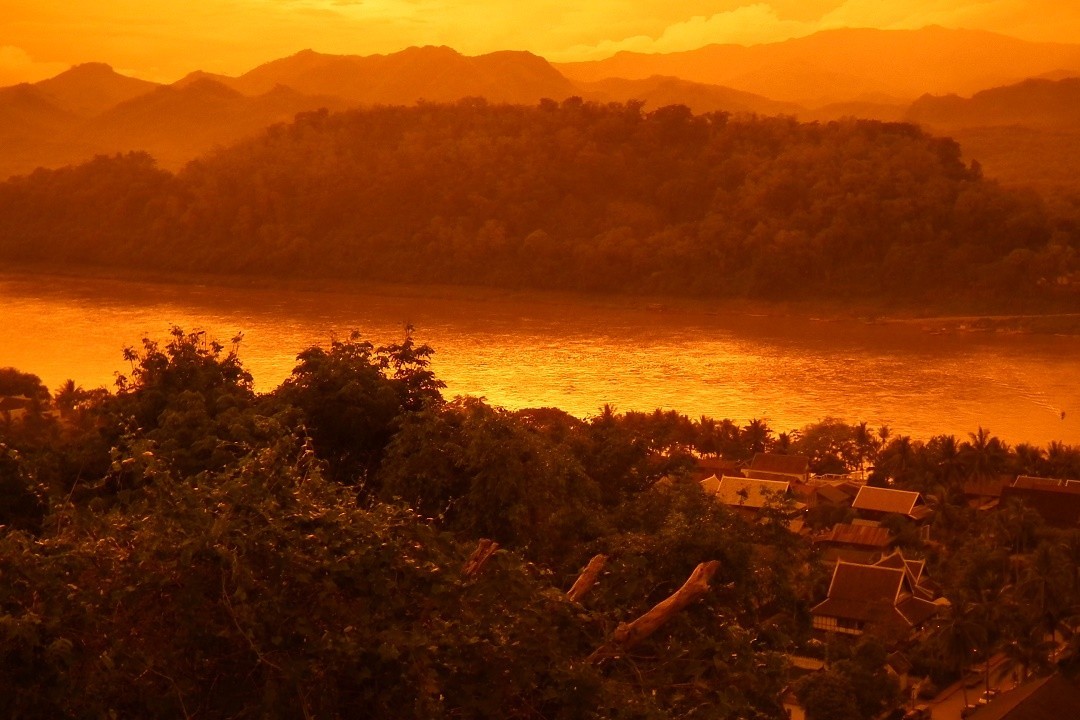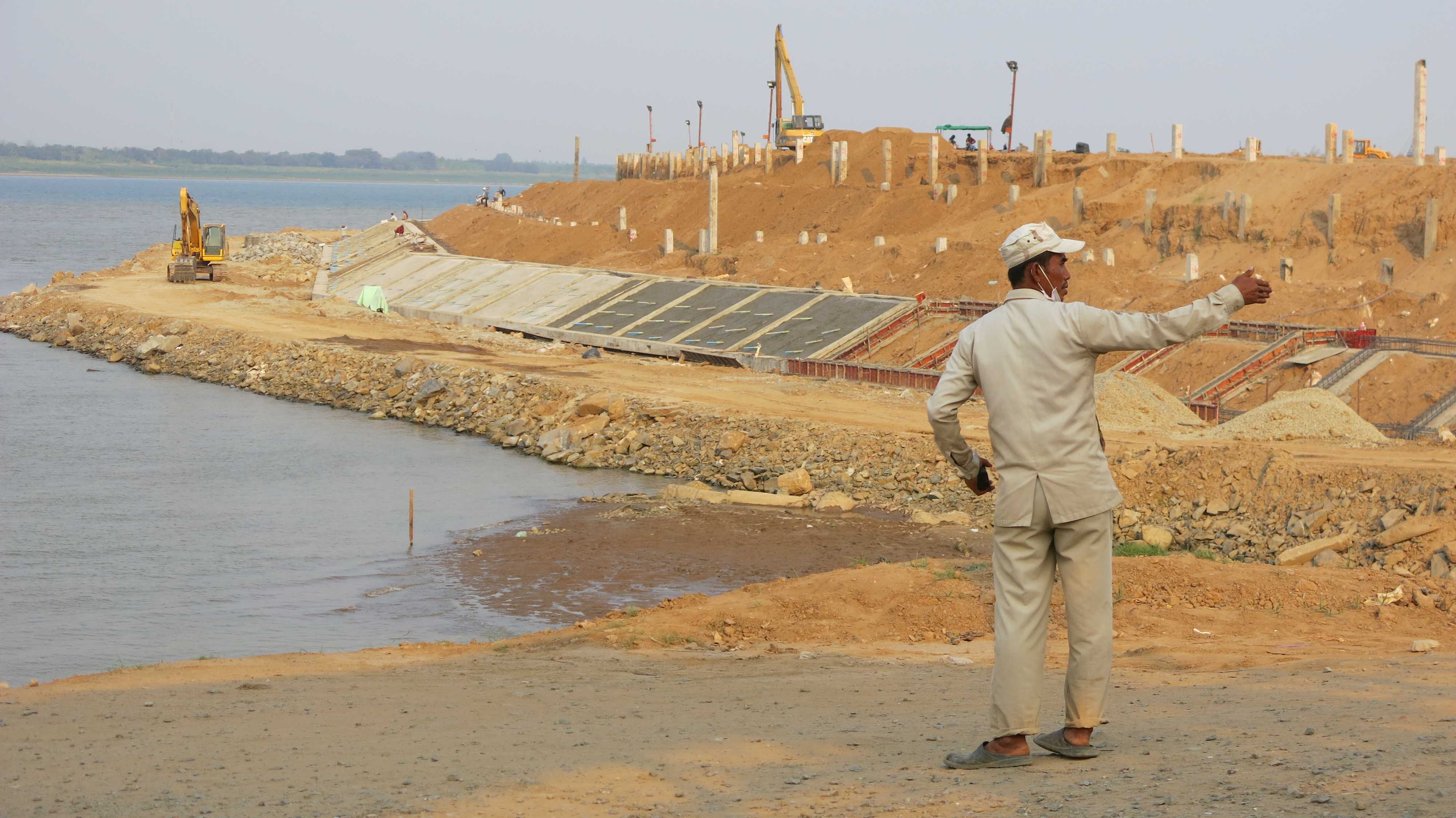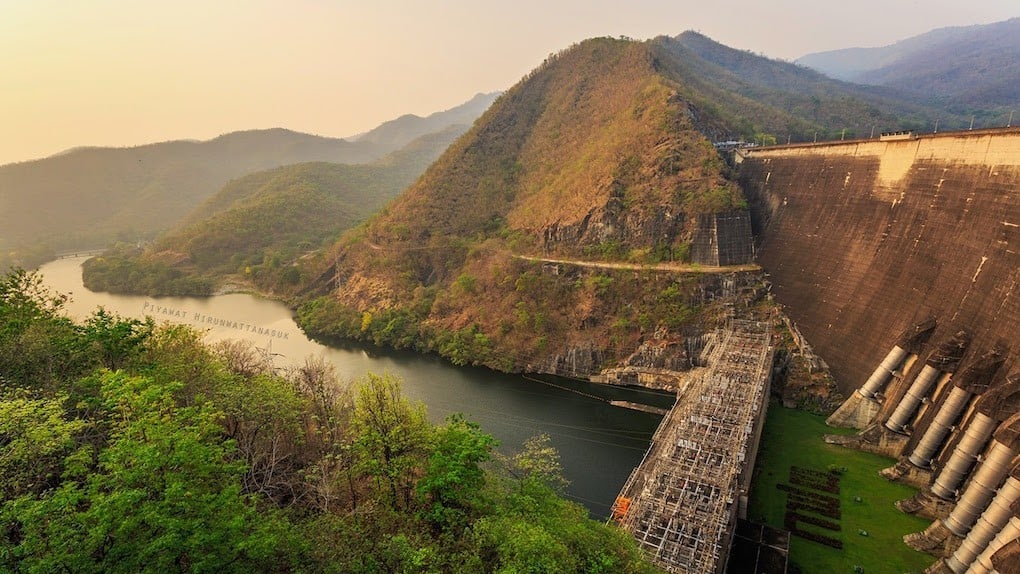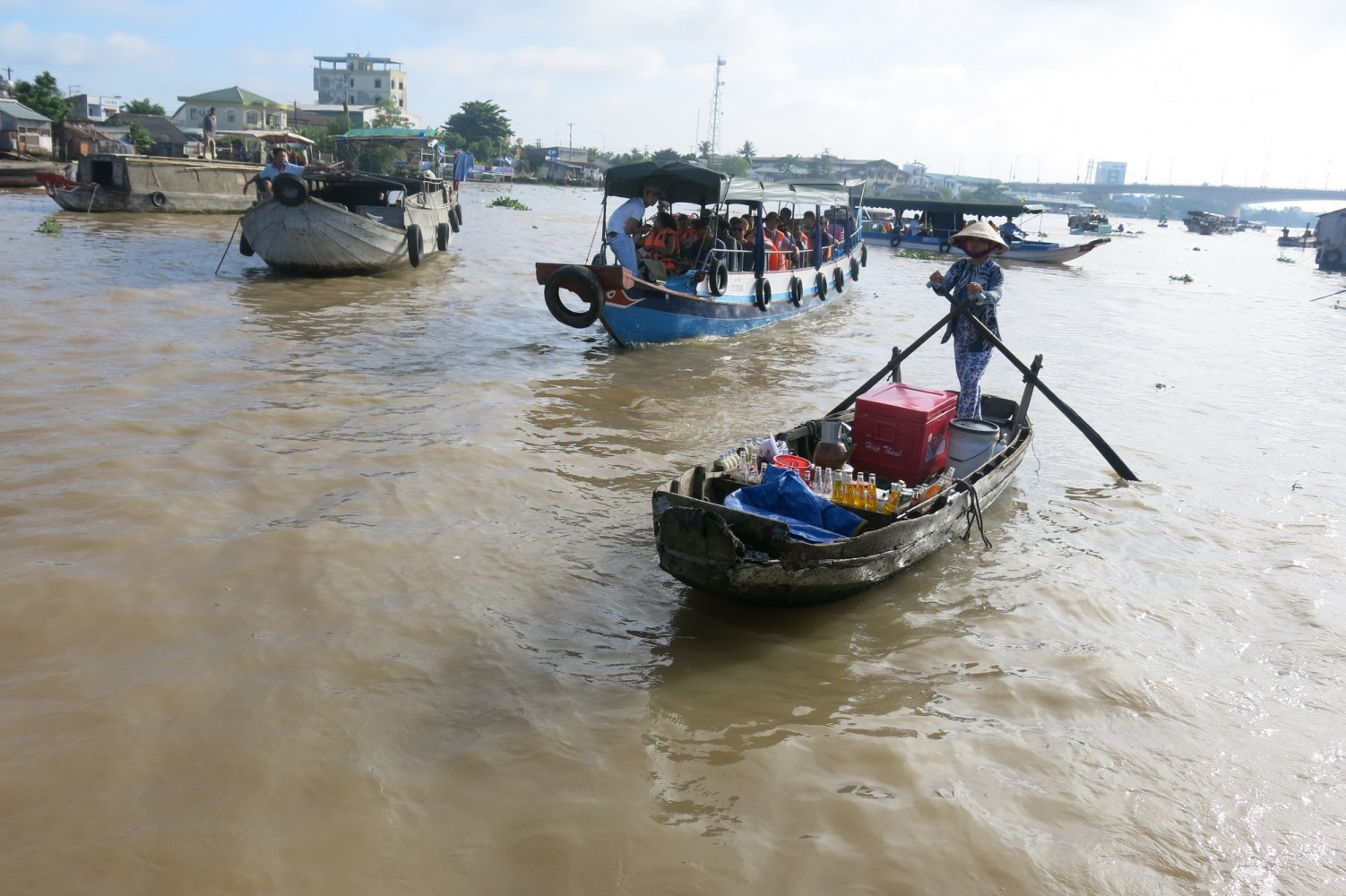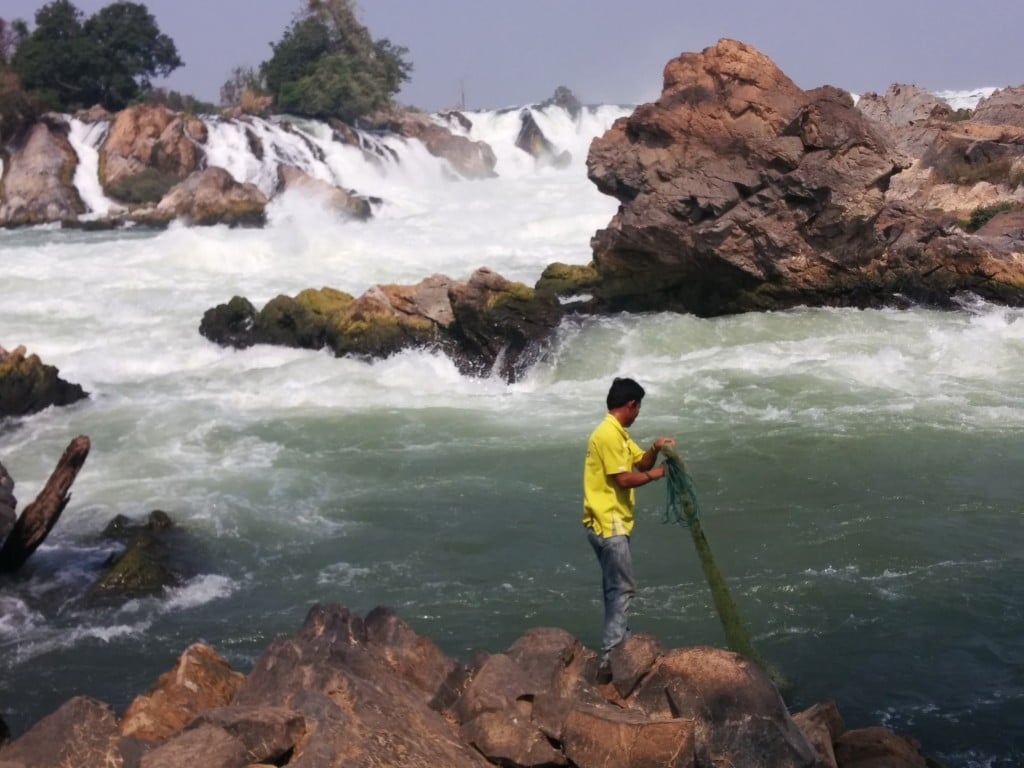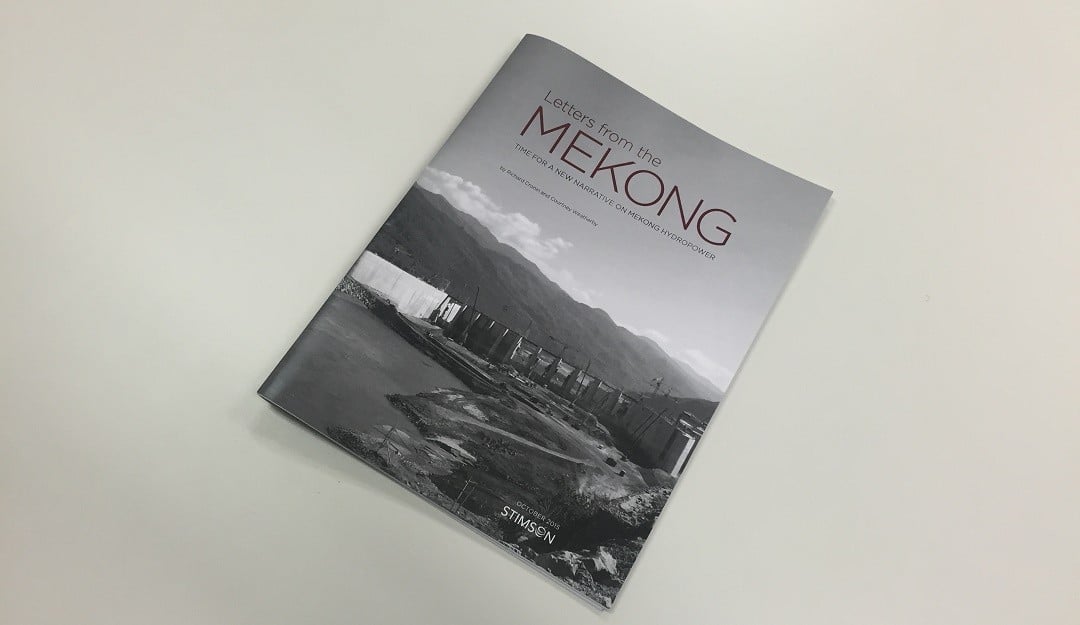A major new study warns that a planned cascade of hydropower dams along the Mekong River could cause “very high adverse effects on some of the key sectors and environmental resources in Cambodia and Viet Nam.”
Viet Nam’s Ministry of Natural Resources and Environment has just publicly released “Study on the Impacts of Mainstream Hydropower on the Mekong River”, also known as the “Delta Study.” The study used models to simulate various dam construction scenarios. And the results raise alarm bells for the over 60 million people who rely on the Mekong Delta for their livelihoods.


